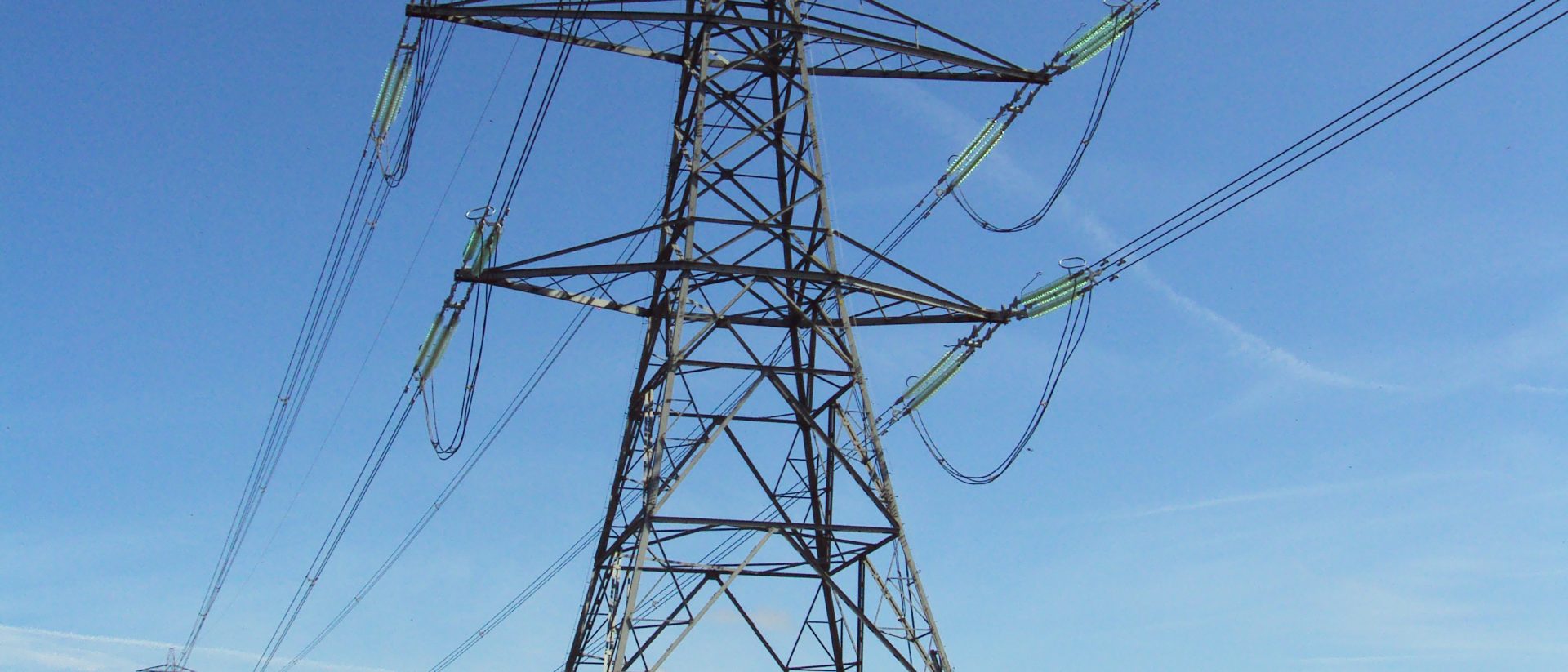- REA welcomes the UK Government’s review of competition in onshore electricity networks;
- The review of competition in onshore electricity networks promises greater competition, which could lower prices for some grid connections, and was launched in the 2020 Energy White Paper;
- REA believes that the principle of greater competition in this area is positive, as they have become a barrier to new power and storage projects due to high costs and lengthy delays.
The Association for Renewable Energy and Clean Technology (REA) has strongly welcomed the review of competition in onshore electricity networks, as this electricity market policy should lead to greater competition, and therefore theoretically lower prices, in connecting new renewable projects to the grid network.
High costs and lengthy delays have long been a key barrier to new power and storage projects, therefore the principle of greater competition in this area will contribute to reducing these costs and speeding up connections. The REA says that this is an essential initiative to work towards achieving the Net Zero Transition.
However, the REA says that, despite this, there has been a deferral of outstanding decisions regarding distribution level connections, which must be rectified as this part of the market is most in need of beneficial change.
The trade association has now called for both BEIS and Ofgem to prioritise changes at this level, and would welcome immediate further clarity on future processes and timelines. The REA also believes that these changes must be fully coordinated and done in conjunction with the wider ‘REMA’ market review.
Frank Gordon, Head of Policy at the Association for Renewable Energy and Clean Technology (REA), said:
“This policy, which follows proposals in the Energy White Paper in 2020, should lead to greater competition and will, therefore, theoretically lower prices in connecting new renewable projects to the grid network.
“We strongly welcome the principle of greater competition in this area as grid connections have become a key barrier to new power and storage projects due to high costs and lengthy delays. Any initiative to reduce these costs and speed up connections is essential to the Net Zero transition.
“We look forward to Ofgem publishing further detailed proposals on the type of projects to be tendered for and the more detailed processes and timelines. We note the deferral of some decisions still outstanding for distribution level connections with more concern however, as this part of the market is in most need of beneficial change. BEIS and Ofgem must prioritise changes at this level, and we would welcome further clarity on this quickly.”
—ENDS—

